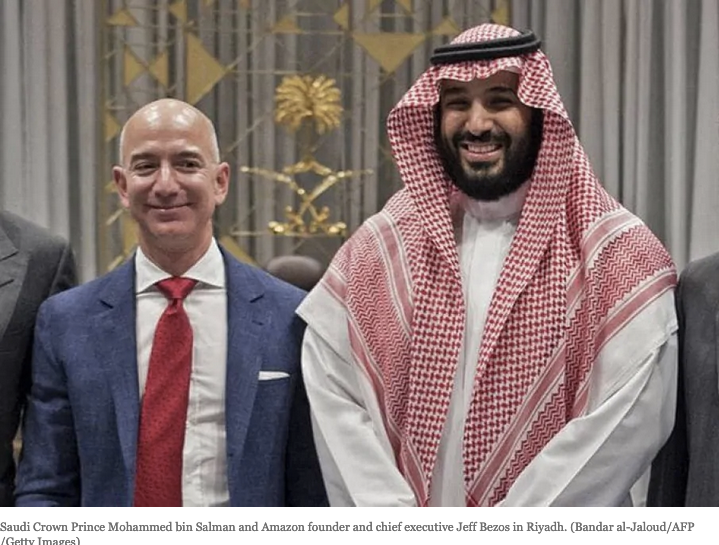An alleged Saudi hacking campaign that compromised the cellphone of Amazon founder and Washington Post owner Jeff Bezos is a chilling example of how even the world’s richest person can be hacked with tools that were likely bought off the shelf.
It marks a significant escalation in the way nations use commercial hacking tools — and is fueling calls from officials and experts to ban the international sale of spyware.
“This should be a wake-up call for the international community,” Agnes Callamard, a U.N. investigator who urged such a moratorium in light of the Bezos hack, told me. “We need to take action before we are completely unable to control this technology.”
The breach underscores how the spread of commercial spyware is allowing a new generation of nations to engage in the sort of high-stakes hacking and espionage that was once the exclusive domain of a handful of countries including the United States, Russia and China.




